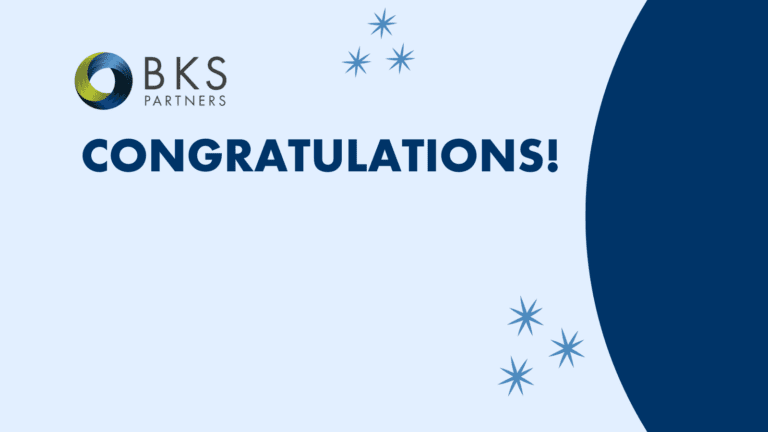Snapshot: Supply Chain Disruption
For over a year now, companies in all industries have warned shoppers to expect delays when they place orders for anything ranging from electronics and home appliances to furniture. Though we’re hoping for the day when material shortages and delays become a thing of the past, some experts are warning that a full recovery could take years.
Rising import costs, material and product shortages, shipping bottlenecks, and labor challenges are some of the major factors impacting the supply chain. Though these are complex, interconnected issues, businesses are thinking creatively and adapting to supply chain issues in the immediate term by building supply chain resiliency. By leveraging technology and communication to identify and mitigate risks, as well as assessing cash flow management, businesses can be more resilient in the face of supply chain unpredictability.
Double Whammy: Add in Labor Shortages
Unfortunately, businesses face a dual challenge wherein they need to address the supply chain issues while combatting a labor shortage. Though some companies have made considerable strides in improving the resiliency of supply chains, these measures cannot be successful without the talent to drive them. The manufacturing and transportation sectors have been particularly hard hit by the labor shortage.
As the US economy continues to recover from the COVID-19 pandemic, the demand for labor has outpaced the supply. Worker retention challenges, rising labor costs, and increased competition for labor have led to a labor mismatch that has pushed wages in the private sector to increase more than twice as much as long-term, pre-pandemic growth rates. Despite this, positions remain unfilled.
Though some of the underlying factors creating a labor imbalance are tied to the COVID-19 pandemic and are likely to be more temporary, there are several indications that other variables predate the pandemic and will have a longer-lasting impact on labor supply and demand. Factors related to the pandemic are beginning to go away. As an example, federally enhanced unemployment benefits programs are a thing of the past. Workers who might have left their jobs because of health concerns or to care for family are returning to work, and training schools have reopened.
Other factors indicative of more permanent shifts in labor supply include perceptions of the manufacturing and transportation industries, demographic challenges, skill gaps, and a shifting mindset toward work.
Though many employees flock to “attractive” industries, like technology or health care, manufacturing employment has dipped by about 400,000 people from pre-pandemic levels.
The American Trucking Association recently released a report stating that there would be a shortage of 330,000 truck drivers in the trucking industry by 2024.
With a culture that traditionally devalues trade jobs, it makes manufacturing jobs even harder to fill in a competitive labor market. This image is particularly prevalent among younger generations. With Baby Boomers and Gen X beginning to leave the labor market for retirement, Millennials and Gen Z have become the majority of the recruitment pool, making it harder for the manufacturing industry to fill positions. Because of a more inexperienced talent pool, employers are also struggling to fill managerial positions.
Fake It Til You Make It? Skills Gap Makes Finding Talent Even More Challenging
Another major issue impacting both the transportation and manufacturing industries is that many workers don’t have the necessary skills for the job market. With an uptick in demand for skilled labor, many training programs haven’t been able to keep up, leading to a shortage of qualified workers.
For the manufacturing industry in particular, the technology that has modernized the industry has created its own set of challenges. New technology needs to be operated by people with the right technical skills to operate machinery. The manufacturing industry needs candidates with technical skills in addition to physical and soft skills. There’s a lack of candidates who are able to meet this unique combination of qualifications, which creates a skills gap in the industry.
The Great Resignation is also showing that there seems to be a collective shift in employee attitudes toward work, and this also applies to the manufacturing and transportation industries. There seems to be a disconnect between why employers think staff are leaving versus why employees are actually quitting their jobs. In previous years, increased wages immediately led to positions getting filled, but that’s currently not the case. That’s because employees want to work for companies that are a good cultural fit and not just have a job that pays the bills.
DISCLAIMER
This material has been prepared for informational purposes only and was generated from information provided to BKS from the client and/or third-party sources. Therefore, BKS makes no warranty or representation(s) as to the accuracy or appropriateness of the data and/or the analysis herein. This information is not intended to provide, and should not be relied on for, tax, legal, or accounting advice. You should consult your tax, legal, and accounting advisors for those services.





No Comments yet!